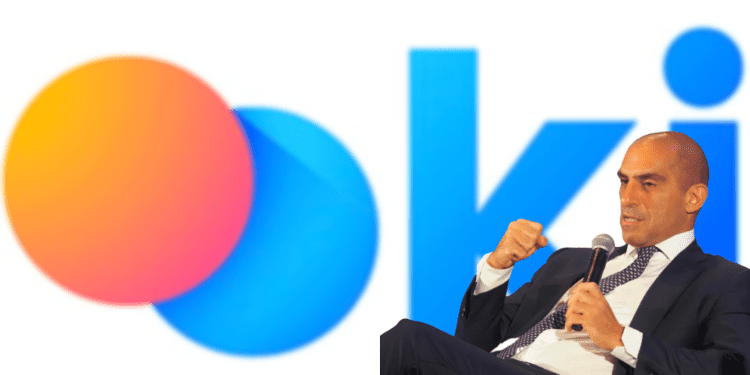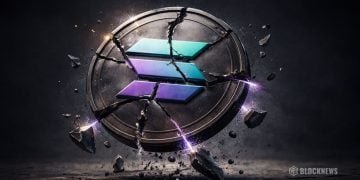Ooki DAO, taken to court over allegations of breaking the law in the US, is struggling to create a response to the Commodity Futures Trading Commission (CFTC), with just a few days to risk losing its case. The firm is the first for a DAO to appear before a court.
For fear of expressing their views, community members in the DAO are evading the voting process in funding their legal defense. They believe that the reason may further increase their legal woes.
As a result, a decentralized crypto governance group arises with members wary about defending themselves using tools of crypto governance.
The Mounting of Law-Breaking Activities
The CFTC sued Ooki DAO late last month with the allegations that the DAO was offering leveraged and margin trading. The legal standoff is that the DAO did not register as a Futures Commission Merchant (FCM), a legal requirement in the US.
The legal side of the matter gives a stimulating conversation about whether decentralization can be a defense against regulation. However, it is not the first time US regulators have shown that decentralization is not a defense.
According to CFTC, every token owner, meaning all members, can carry accusations collectively. Thus, it is trying to hold the DAO token holders accountable for the wrongdoings of the platform.
The Principles Underlying Decentralized Crypto Governance
It is a common belief that such a lawsuit by CFTC should not be possible. Ooki DAO was previously bZeroX.
When handling the platform for Ooki, their initial belief was that community governance would keep the protocol from regulators. Additionally, the central aspect of community governance would be that regulators would not know who to sue.
CFTC disagrees with the principles, thus suing the whole community. Their stand remains that anyone who votes as part of the DAO’s governance process should be held individually liable.
This makes the whole idea a broad net. Charges on every token holder of the DAO sound, quite frankly, ridiculous. As such, CFTC choosing the current oath is a total surprise.
The Fear by Community Members
The main issue with moving forward with the case is that Ooki DAO has zero traction. There has been a decision to form a legal defense fund and to block US users. However, the step has seen significant failure as it has zero votes for or against it.
Some community members had a hint that people were in fear of voting at the moment. The next step was an on-chain proposal.
The main fear the holders may have is voting on Ooki DAO’s response to legal threats, as they could join in them.
A second attempt at the vote had just three yes.
“No one voted the first time. An Ooki DAO member tried to gather support for a legal defense effort. Just three people have voted in favor of a second effort.”
The court’s deadline is Friday, which means that if the process is intended to yield a formal response to the CFTC, the DAO is running short on time.












